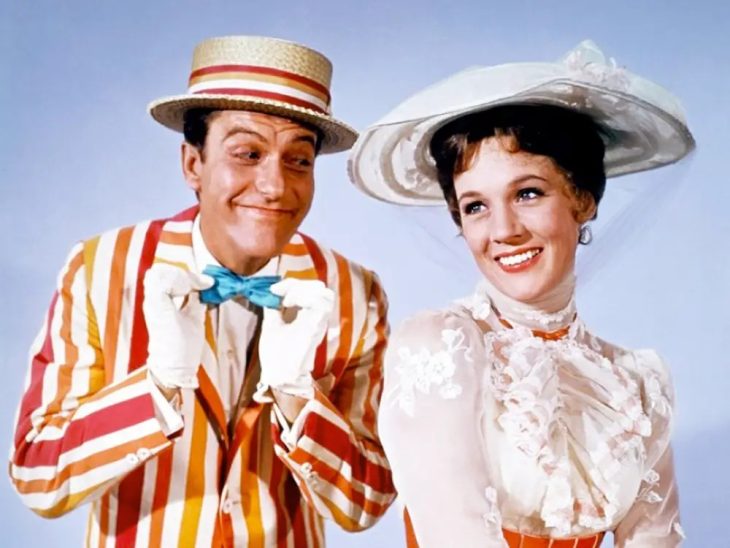
Word of the Day: Encomium
Today’s word of the day, thanks to the Word Guru daily email, is encomium. It means “a formal expression of high praise” and is pronounced / ɛnˈkoʊ mi əm / (https://www.dictionary.com/browse/encomium). Samuel Johnson, in his 1755 Dictionary, gave three synonyms: “Panegyrick; praise; elogy” and then provides an example in a quote from Alexander Pope: “A vile encomium doubly ridicules; / There’s nothing blackens like the ink of fools” (https://johnsonsdictionaryonline.com/views/search.php?term=encomium).
Merriam-Webster says, “Kudos to encomium for being a marvelous, magnificent, must-have word for high praise for over four centuries—at least in formal speech and writing. Indeed, like its synonym panegyric, encomium (from the Greek word enkōmion, meaning ‘celebration’) has seen a steady drop in usage since the early 1800s and is rarely encountered outside of literary or highfalutin contexts. It does pop up in pop culture now and again, however. Music fans of a certain generation may remember a host of their favorite artists, from Tori Amos to Stone Temple Pilots, paying tribute to Led Zeppelin in 1995 on the appropriately titled album Encomium: A Tribute to Led Zeppelin. And more recently, the famously loquacious television series Gilmore Girls dropped encomium no less than five times in a 2016 episode featuring “Stars Hollow: The Musical,” a show-within-a-show featuring the line “Not so fast with the encomiums!” Of course, you may dish out your own encomiums in any manner or velocity you wish—and verily we shall tip our chapeaux” (https://www.merriam-webster.com/dictionary/encomium). That goes along with M-W’s definition, “glowing and warmly enthusiastic praise” (ibid.).
The word appears in English in the “1580s, from Late Latin encomium, from Greek enkōmion (epos) ‘laudatory (ode) to a conqueror or eulogy or panegyric on a living person,’ neuter of enkōmios ‘belonging to the praise or reward of a conqueror; proper to the Bacchic revel, in which the victor was led home in procession with music, dancing, and merriment,’ from en ‘in’ (see en- (2)) + komos ‘banquet, procession, merrymaking’” (https://www.etymonline.com/search?q=encomium).
On this date in 1964, “Walt Disney’s musical film “Mary Poppins,” directed by Robert Stevenson and starring Julie Andrews and Dick Van Dyke, with songs by Richard and Robert Sherman, premieres at Grauman’s Chinese Theatre in Los Angeles, California, and wins five Academy Awards” (https://www.onthisday.com/events/august/27).
Helen Lyndon Goff (1899-1996) was born in Queensland, Australia. She started writing as a teen, even getting published, and became an actress. At 24, she moved from Australia to the UK where she adopted the name Pamela Lyndon Travers (https://en.wikipedia.org/wiki/P._L._Travers). When she published her first short story about Mary Poppins, called “Mary Poppins and the Match Man,” she adopted P. L. Travers as a nom de plume.
“While appearing as a guest on BBC Radio 4’s radio programme Desert Island Discs in May 1977, Travers revealed that the name “M. Poppins” originated from childhood stories that she contrived for her sisters, and that she was still in possession of a book from that era with this name inscribed within. Travers’s great-aunt, Helen Morehead, who lived in Woollahra, Sydney, and used to say “Spit spot, into bed,” is a likely inspiration for the character” (ibid.).
Travers wrote eight Mary Poppins novels between 1934 and 1988. “The books centre on the magical English nanny Mary Poppins, who is blown by the East wind to Number 17 Cherry Tree Lane, London, and into the Bankses’ household to care for their children. Encounters with pavement-painters and shopkeepers, and various adventures ensue, until Mary Poppins abruptly leaves, i.e., ‘pops out’. Only the first three of the eight books feature Mary Poppins arriving and leaving. The later five books recount previously unrecorded adventures from her original three visits. As Travers explains in her introduction to Mary Poppins in the Park, ‘She cannot forever arrive and depart’” (https://en.wikipedia.org/wiki/Mary_Poppins_(book_series)).
“Among the fans of the Mary Poppins novels were the two young daughters of Walt Disney. Beginning in the 1940s, Disney made efforts to purchase the film rights to Mary Poppins, which included visits to Travers at her home in London. In 1961, Travers arrived in Los Angeles on a flight from London, her first-class ticket having been paid for by Disney, and finally agreed to sell the rights, in no small part because she was financially in dire straits. Travers was an adviser in the production, but she disapproved of the softened Poppins character in its Disney version. She felt ambivalent about turning the story into a musical, and she so hated the use of animation that she ruled out any further adaptations of the series. Walt Disney Pictures released Mary Poppins in 1964. Travers received no invitation to the film’s star-studded Hollywood premiere until she ‘embarrassed a Disney executive into extending one’. At the after-party, she said loudly, ‘Well. The first thing that has to go is the animation sequence.’ Disney replied, ‘Pamela, that ship has sailed’” (https://en.wikipedia.org/wiki/P._L._Travers). She said later that she had learned to live with the movie, that it was glamorous, but that it wasn’t all that close to her novels. Still, the movie made her rich.
Still, she was the author of a story that became a legendary film. “Travers was appointed Officer of the Order of the British Empire (OBE) in the 1977 New Year Honours. The investiture ceremony took place later that year at Buckingham Palace, with the Duke of Kent standing in for Queen Elizabeth II” (https://en.wikipedia.org/wiki/P._L._Travers). I’ve never been given an OBE, but I would imagine it comes with an encomium.
Today’s image is from Mary Poppins, starring Dick Van Dyke and Julie Andrews (https://www.businessinsider.com/mary-poppins-fun-facts-2018-9).